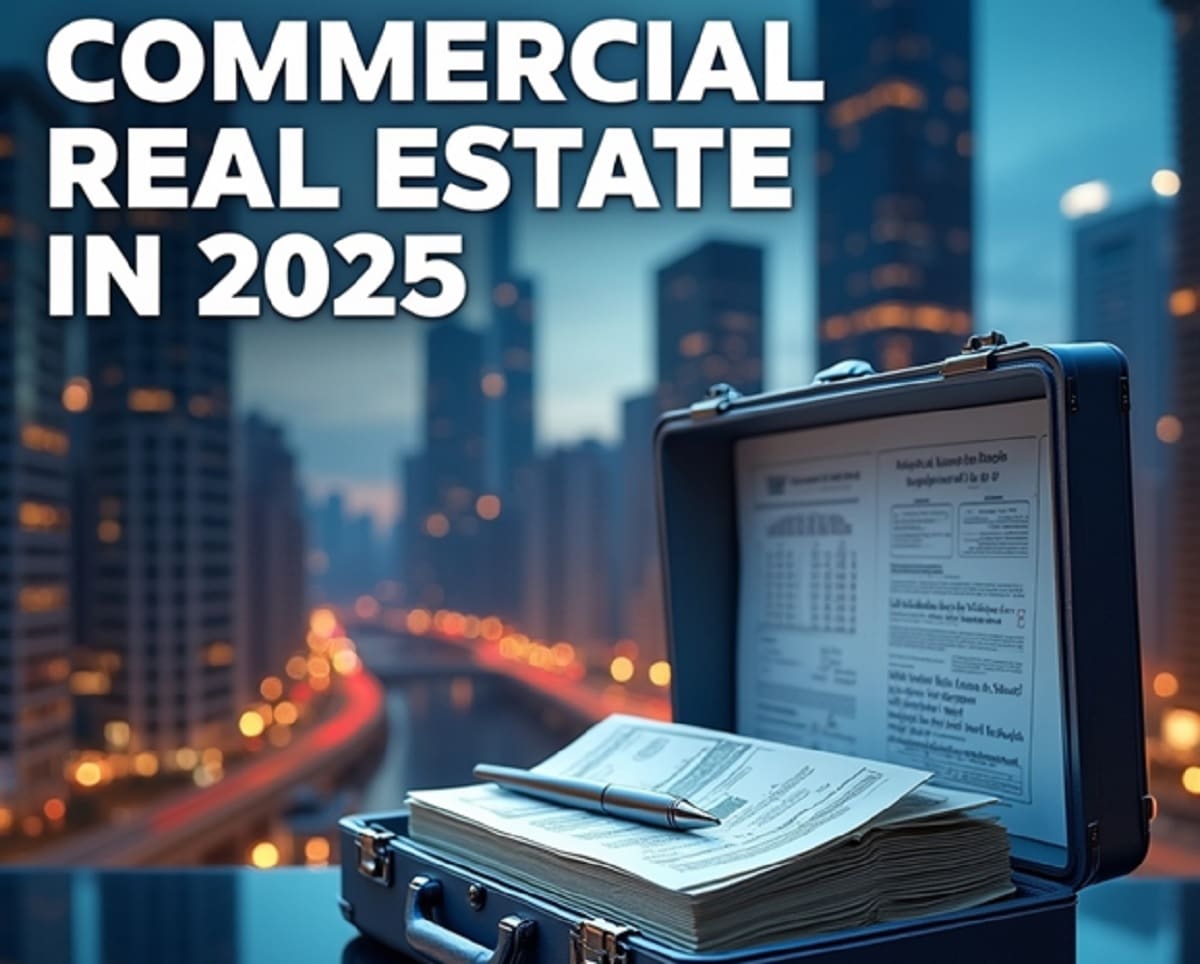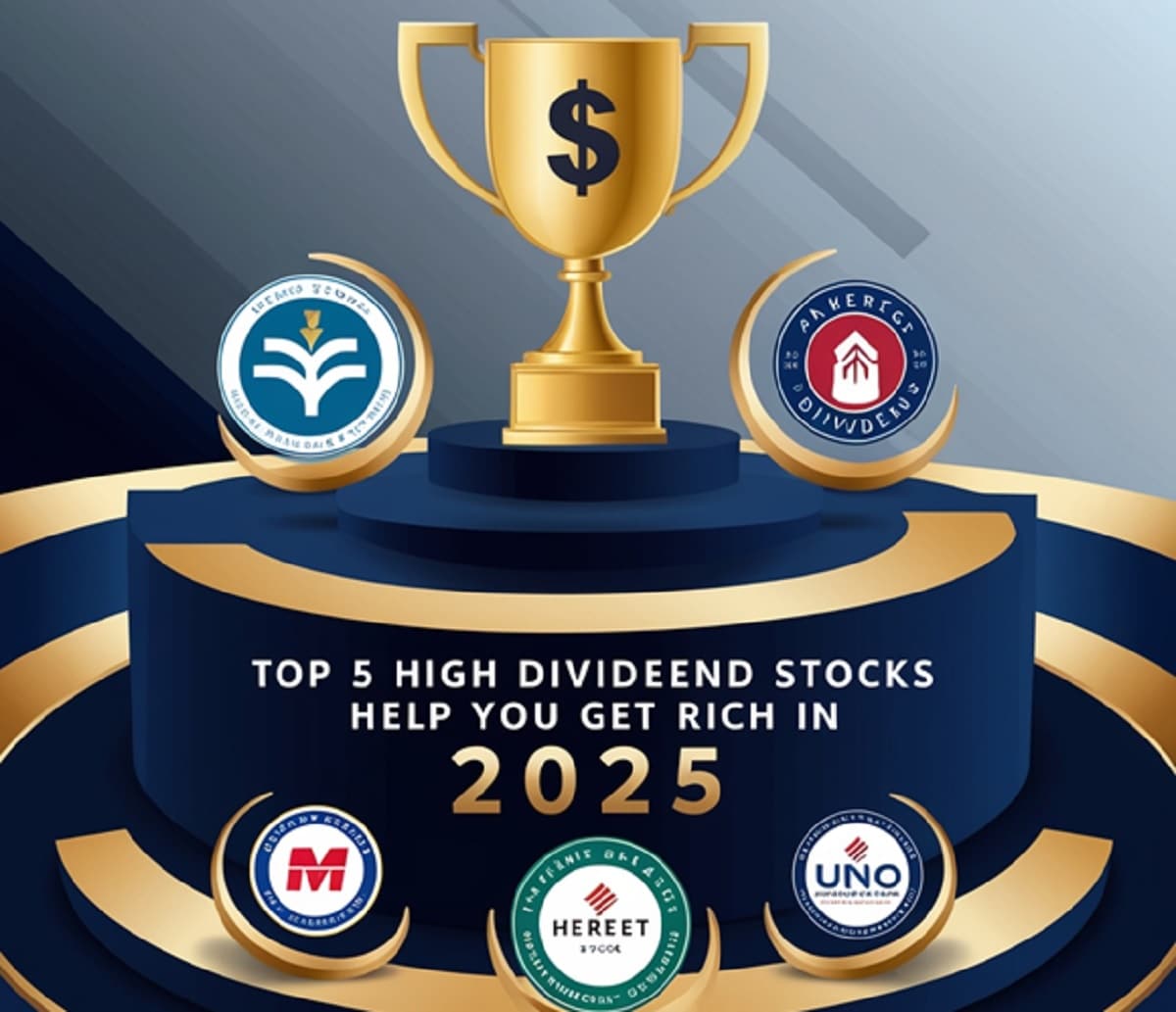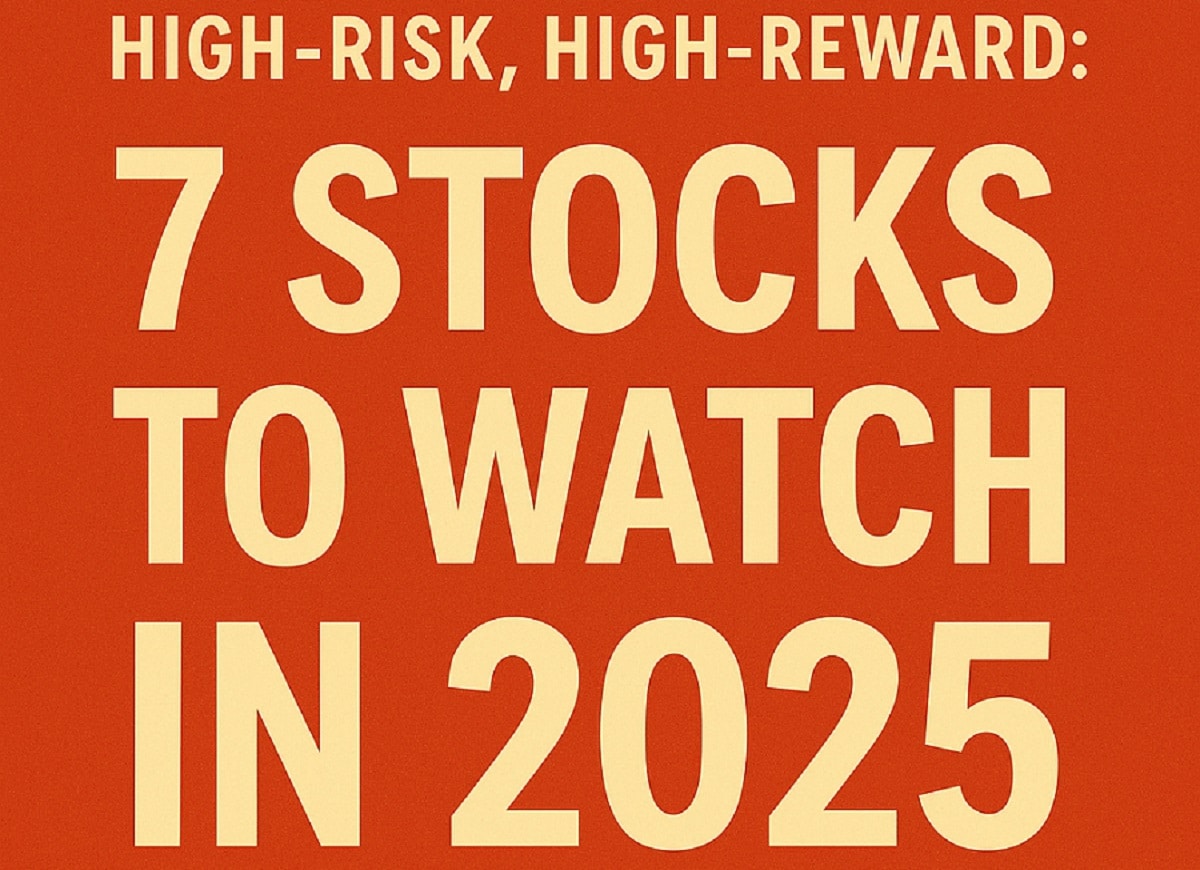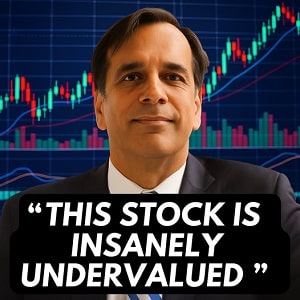Thinking about sinking some cash into commercial real estate (CRE) in 2025? You’re not alone. With interest rates pinching wallets, hybrid work emptying office towers, and e-commerce rewriting the rules for retail, the CRE game feels like a high-stakes poker match. I’ve been around real estate long enough to see booms and busts, and I’ll break down what’s happening, what’s at stake, and whether CRE is worth your money this year.
The Commercial Real Estate Landscape in 2025: Winners and Losers
The commercial real estate market is a split screen right now. On one side, warehouses and logistics hubs are cashing in, thanks to e-commerce giants like Amazon needing space for next-day delivery. In places like Dallas or Memphis, I’m seeing industrial vacancy rates as low as 3%, which is practically a landlord’s dream. Data centers are another hot ticket—AI and cloud computing are driving demand for server farms like never before.
But flip to the other side, and office spaces are taking a beating. Hybrid work has companies rethinking their footprints, leaving skyscrapers in cities like Chicago or San Francisco with 15-20% vacancy rates. Retail’s a mixed bag: big-box malls are ghost towns, but small strip centers with grocery stores or coffee shops are buzzing. Hotels? They’re clawing back from the pandemic slump, especially in vacation spots like Orlando or San Diego, where tourists are spending again.
One thing I’ve noticed lately is buyers chasing “future-proof” properties. Think buildings with solar panels, smart thermostats, or fiber-optic wiring. Tenants want green, tech-savvy spaces, and so do investors. A buddy of mine who manages a fund in Austin told me ESG-compliant buildings are selling 10% above market rates. That’s not just a trend—it’s where the money’s going.
Why Commercial Real Estate Might Be Your Golden Ticket
So, what’s the draw? Commercial real estate has some serious perks, especially in a shaky economy:
- Reliable Income: Long-term leases mean steady rent checks. A logistics hub I advised a client on in Nevada is spitting out 7% annual returns, outpacing inflation.
- Portfolio Balance: CRE doesn’t tank when stocks do, giving you a buffer against Wall Street’s rollercoaster.
- Tax Breaks: You can write off mortgage interest, depreciate the property, or use a 1031 exchange to swap one building for another and dodge capital gains tax. That’s real money back in your pocket.
- Inflation Shield: Most leases let you bump rents with inflation, so your income doesn’t erode when prices climb.
- Upside in Hot Sectors: Data centers and mixed-use projects (like retail with lofts upstairs) are appreciating fast. A client of mine flipped a warehouse near Phoenix for a 25% profit in just 18 months.
The Risks That Could Burn You
Don’t get starry-eyed yet—CRE isn’t all sunshine. Here’s what keeps me up at night when I’m advising clients:
- Big Upfront Costs: Buying a strip mall or office building isn’t cheap, and repairs—like a new roof or elevator—can hit six figures fast.
- Interest Rate Squeeze: Borrowing is pricier with rates up. If you’re financing, those payments can eat your profits. Cash buyers are sleeping better right now.
- Tenants Bailing: Lose a big retailer or office tenant, and you’re stuck with empty space. I saw a landlord in Denver take a hit when a tech firm went fully remote.
- Location Is Everything: A shiny building in a dying neighborhood is a money pit. Pick a dud location, and you’ll be begging for tenants.
- Economic Wildcards: Inflation, global supply chain hiccups, or a slowdown in GDP can mess with property values and tenant demand.
How Commercial Real Estate Holds Up Against Other Investments

Wondering if CRE beats other options? Let’s stack it up. Stocks can soar or crash in a day, but CRE’s rental income is a slow-and-steady play—think 6-8% returns in strong markets versus stocks’ wild swings. Bonds are safer but boring, yielding maybe 3% while CRE can double that. Residential rentals are easier to manage but often bring in less cash than a commercial lease, though replacing a business tenant is trickier than finding a new renter. If you want real estate without the hassle, REITs (real estate investment trusts) let you buy into properties via the stock market, but you’ll sacrifice control and maybe some upside.
I had a client last year torn between a retail center and a stock-heavy portfolio. She went with the retail center in a growing suburb and now gets steady rent from a grocery chain, while her friends in stocks are sweating every Fed announcement. It’s not always that clear-cut, but CRE’s tangibility is hard to beat.
What’s Shaping Commercial Real Estate in 2025?
The economy’s calling the shots. Inflation’s down from its peak but still stings, pushing up both rents and operating costs. Interest rates might dip by late 2025, but for now, borrowing’s a hurdle. Businesses are feeling perkier, which is good for warehouses and mixed-use spaces, though offices are still anyone’s guess. Tax perks like 1031 exchanges or Opportunity Zones can juice your returns, so stay sharp on policy changes. Global supply chain shifts are also pumping demand for logistics hubs in port cities like Charleston or Houston.
Analysts I talk to say industrial and data centers are the ones to watch, with cap rates holding at 5-6% in prime spots. Retail can work if you’re picky about tenants—think gyms or urgent cares, not department stores. Offices? Unless you’re betting on flexible workspaces or suburban markets, I’d hold off.
The Verdict: Should You Jump In?
So, is CRE worth your money in 2025? If you’ve got the cash and stomach for it, I’d say yes—especially for industrial properties or data centers. Those sectors are thriving, with strong returns and growth potential. Retail in the right spot, like a neighborhood center with a Starbucks or CVS, can also pay off. But I’d skip traditional offices unless you’re targeting niche markets like medical suites or co-working spaces.
Before you sign anything, ask: Can you afford the upfront costs and handle a vacancy or two? Are you ready to manage tenants or pay someone to do it? Can you wait out the illiquidity if you need to sell? If you’re nodding yes, CRE could be a cornerstone for building wealth and dodging inflation’s bite. Scout the right property, keep an eye on economic shifts, and don’t bet the farm on one deal. In a world of crypto hype and stock market jitters, there’s something satisfying about owning a building that people actually use.
FAQ: Is Commercial Real Estate a Smart Investment in 2025?
Why should I consider investing in commercial real estate in 2025?
Commercial real estate offers steady rental income from long-term leases, often outpacing inflation. It’s a tangible asset that diversifies your portfolio, shielding you from stock market volatility. Plus, tax breaks like depreciation and 1031 exchanges can boost your returns. Sectors like warehouses and data centers are particularly hot right now due to e-commerce and AI growth.
Which CRE sectors are performing best in 2025?
Industrial properties (e.g., warehouses) and data centers are thriving, with vacancy rates as low as 3% in cities like Dallas and Memphis. These sectors benefit from e-commerce and tech demand. Neighborhood retail centers with tenants like grocery stores or coffee shops are also holding strong, unlike large malls.
What are the biggest risks of investing in CRE in 2025?
High upfront costs and ongoing maintenance can be pricey. Rising interest rates increase borrowing costs, squeezing profits if you’re financing. Losing a major tenant, especially in office or retail spaces, can lead to vacancies. Picking a property in a declining area is another big risk, as is economic uncertainty affecting property values.
Why are office spaces struggling, and should I avoid them?
Office spaces face high vacancy rates (15-20% in cities like Chicago or San Francisco) because hybrid work has reduced demand. Many companies are downsizing or going fully remote. Unless you’re targeting niche markets like medical offices or co-working spaces, traditional offices are a risky bet in 2025.
How does CRE compare to other investments like stocks or bonds?
CRE offers steadier returns than stocks, with 6-8% annual yields in strong markets, but it’s less liquid. Compared to bonds, CRE yields more (bonds might give 3%) but comes with tenant and management risks. Residential rentals are simpler but generate less cash flow, while REITs offer real estate exposure with less hassle but less control.
How does inflation affect CRE investments?
Inflation can work in your favor, as many commercial leases tie rent increases to inflation, keeping your income strong. However, it also raises operating costs like utilities or repairs. Properties with flexible lease terms, like those in logistics, are good inflation hedges.
What economic factors should I watch in 2025?
Keep an eye on interest rates, which may dip late in 2025 but are currently high, impacting borrowing costs. Slow but steady GDP growth is boosting demand for warehouses and mixed-use spaces. Tax policies, like 1031 exchanges or Opportunity Zones, can also sweeten deals, so stay updated on legislation.
Are there specific locations I should focus on for CRE investments?
Look for growing markets like Dallas, Memphis, or Charleston, where logistics and industrial demand is strong. Avoid declining areas, as even a great building in a bad neighborhood can lead to vacancies. Port cities like Houston are also seeing a boost from global supply chain shifts.
What’s this about “future-proof” properties?
Investors are prioritizing buildings with energy-efficient features, like solar panels or smart systems, and ESG (Environmental, Social, Governance) compliance. These properties attract tenants and sell at premium prices—sometimes 10% above market rates in places like Austin.
Do I need a lot of money to start investing in CRE?
Yes, CRE requires a hefty upfront investment compared to residential properties. You’ll also need funds for maintenance, like HVAC upgrades or code compliance. Cash buyers have an advantage in 2025 due to high borrowing costs, but you can start smaller with retail centers or partner with others to pool capital.
How do I know if CRE is right for me?
Ask yourself: Can you afford the upfront costs and handle potential vacancies? Are you comfortable with managing tenants or hiring a property manager? Can you wait out the time it takes to sell a property? If yes, CRE—especially in industrial or niche retail—could be a solid way to build wealth in 2025.
































